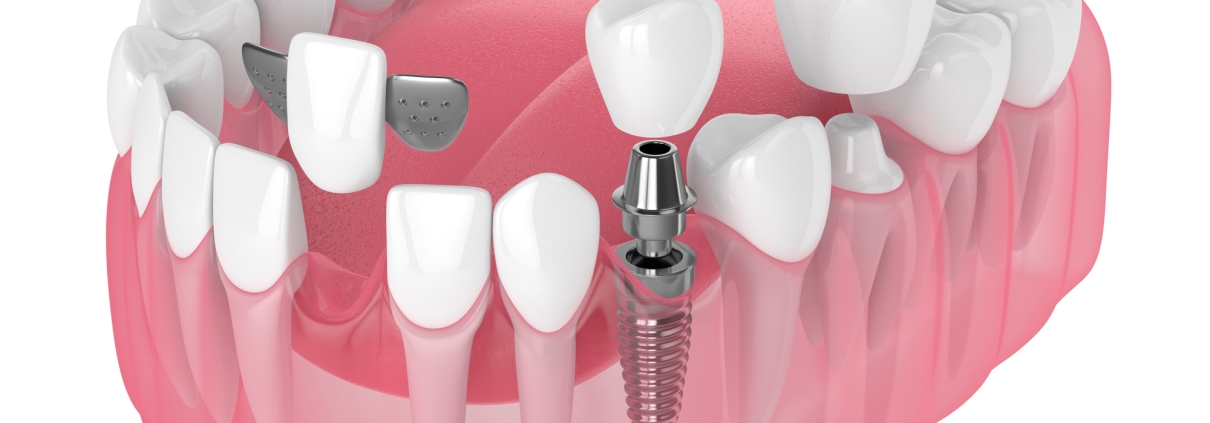The Challenges and Solutions of a Toothless Mouth
A mouth without teeth can significantly impact one’s quality of life, affecting essential functions such as eating, speaking, and self-confidence. Whether due to age, dental disease, or other factors, living with a toothless mouth presents unique challenges and considerations. In this article, we explore the causes, effects, and solutions for navigating life without teeth, empowering individuals to maintain oral health and overall well-being.
Understanding Tooth Loss
Causes of Tooth Loss:
Dental Disease:
Untreated tooth decay and gum disease are leading causes of tooth loss.
Trauma:
Accidents or injuries to the mouth can result in tooth loss.
Aging:
Natural wear and tear on teeth over time can lead to tooth loss.
Effects of Tooth Loss
Difficulty Eating:
Without teeth, chewing becomes challenging, leading to dietary restrictions and nutritional deficiencies.
Speech Impairment:
Missing teeth can affect speech clarity, causing slurring or difficulty pronouncing certain sounds.
Changes in Facial Appearance:
Tooth loss can lead to facial sagging and a sunken appearance due to loss of support from the teeth.
Emotional Impact:
Tooth loss can erode self-confidence and lead to social withdrawal and feelings of embarrassment.
Solutions for a Toothless Mouth
Dentures:
Full Dentures:
Removable prosthetic devices that replace all teeth in the upper or lower arch.
Partial Dentures:
Used when some natural teeth remain, filling in gaps and restoring function.
Implant-Supported Dentures:
Dentures anchored to dental implants for increased stability and comfort.
Dental Implants:
Surgically implanted artificial tooth roots that support crowns, bridges, or dentures.
Provide a more permanent and natural-looking solution for tooth replacement.
Dental Bridges:
Fixed prosthetic devices that bridge the gap left by missing teeth, anchored to adjacent teeth or implants.
Restore function and aesthetics by filling in spaces between teeth.
All-on-4 Treatment:
A comprehensive solution for full-arch tooth replacement using just four dental implants.
Offers immediate function and aesthetics, with minimal surgical intervention.
Coping with a Toothless Mouth
Adapting Eating Habits:
Choose softer foods that require less chewing, such as soups, yogurt, and steamed vegetables.
Cut food into smaller pieces and chew slowly to aid digestion.
Speech Therapy:
Work with a speech therapist to improve articulation and overcome speech difficulties associated with tooth loss.
Oral Care Routine:
Maintain good oral hygiene by cleaning the gums, tongue, and any remaining teeth or prosthetic devices.
Use a soft-bristled toothbrush or specialized oral hygiene products for denture care.
Regular Dental Check-ups:
Even without natural teeth, regular dental visits are essential for monitoring oral health, adjusting prosthetic devices, and preventing complications such as gum disease or oral infections.
Psychological Support
Seek Counseling:
Address feelings of self-consciousness, anxiety, or depression associated with tooth loss by seeking support from a mental health professional.
Join support groups or online communities for individuals experiencing similar challenges.
Conclusion:
Living with a toothless mouth presents unique physical, emotional, and practical challenges. However, advancements in dental technology and prosthetic solutions offer hope and options for restoring function, aesthetics, and confidence. By understanding the causes of tooth loss, exploring available solutions, and implementing strategies for coping and adaptation, individuals can navigate life without teeth with resilience and dignity. With proper care, support, and a proactive approach to oral health, a toothless mouth need not define one’s quality of life, but rather serve as a testament to resilience and the power of adaptation.

